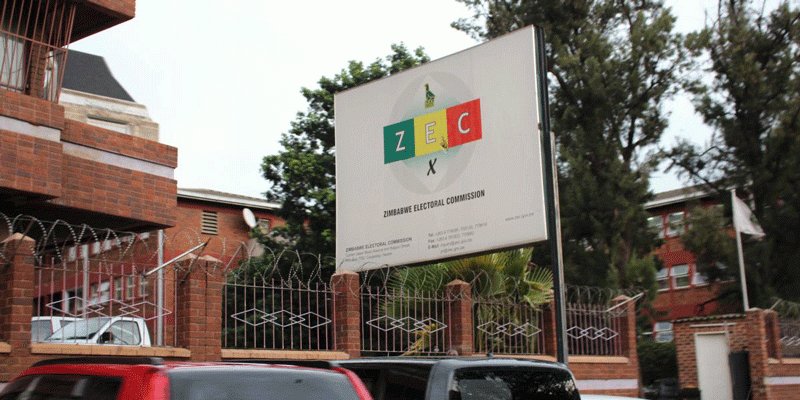A Bulawayo-based media organisation, Asakhe Online, has encountered significant challenges in obtaining information from the Zimbabwe Electoral Commission (ZEC) under the Freedom of Information Act (FIA), highlighting ongoing issues with transparency and public accountability in government and quasi-government bodies, despite the law’s intent.
The FIA, which took effect on July 1, 2022, grants citizens the constitutional right to access information held by any state or public entity, public commercial entity, or statutory agency.
This right, derived from Section 62 of Zimbabwe’s Constitution, aims to ensure public accountability and protect individual rights. However, two years after its enactment, compliance remains inconsistent, as evidenced by the difficulties faced by Asakhe Online and other journalists.
These challenges underscore the gap between the FIA’s legal framework and its practical implementation.
On July 11, 2024, Asakhe Online submitted a formal information request to ZEC’s Bulawayo office, seeking details on ZEC’s procurement systems for election materials during the 2018 and 2023 election cycles.
The request, aimed at promoting public accountability amid allegations of misuse of US$100 million in public funds during the 2023 elections, was made using the specified template form under the FIA and was expected to be forwarded to ZEC’s head office in Harare.
Key figures alleged to be involved in the misuse of funds include ZEC Chairperson Priscilla Chigumba, Chief Electoral Officer (CEO) Utloile Silaigwana, Chief Procurement Officer Robson Changachirere, businessmen Wicknell Chivayo, Moses Mpofu, Pedzai ‘Scott’ Sakupwanya, and Mike Chimombe, Central Intelligence Organisation Director-General Isaac Moyo, Chief Secretary to the President and Cabinet Martin Rushwaya, lawyer Everson Chatambudza, Ren-Form International Sales Executive Angus Carlaw, and the company’s Chief Executive Thomas Michel du Sart.
The request was hand-delivered to the secretary to the Provincial Elections Officer (PEO), Pinos Buligwamanu, who acknowledged receipt by signing a copy of the form.
Despite providing comprehensive contact details, Asakhe Online has yet to receive a response. Repeated follow-ups with the Bulawayo PEO yielded little progress, with the officer suggesting that Asakhe Online resend the request via WhatsApp to “push the matter.”
On August 23, 2024, the PEO advised Asakhe Online to visit ZEC’s head office in Harare and meet with the ZEC CEO, a suggestion that has forced the media organisation to consider arranging travel to the capital.
According to the FIA, entities must respond to information requests within 21 days or 48 hours if the information relates to the right to life or liberty.
The procedure includes passing the request to the information officer, acknowledging receipt, deciding on whether the request will be granted, and providing a response within the specified timeframe.
Reacting to the challenges faced by media practitioners, Pamenus Tuso, Chairperson of the Bulawayo Media Centre, expressed frustration over the lack of compliance with the FIA.
“Despite the enactment of the Freedom of Information Act two years ago, accessing information from government and quasi-government departments remains a nightmare. The law clearly mandates these institutions to have information disclosure policies, but most do not. This is a clear violation of the Act,” Tuso said.
He suggested that litigation may be necessary to compel compliance and ensure public entities fulfill their obligations under the FIA.
Journalist Lungelo Ndhlovu, who has also used the FIA to access information, shared similar experiences. “I have tested the Freedom of Information Act by requesting information from various organisations. While I have been successful in some cases, others have ignored my requests entirely,” he said.

